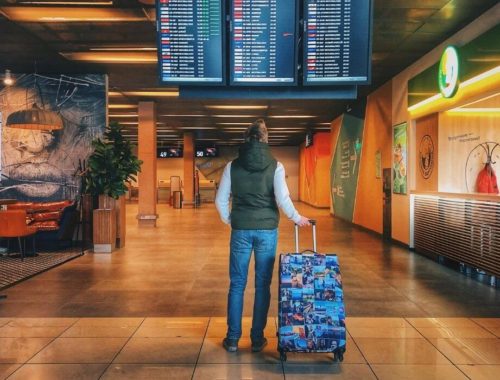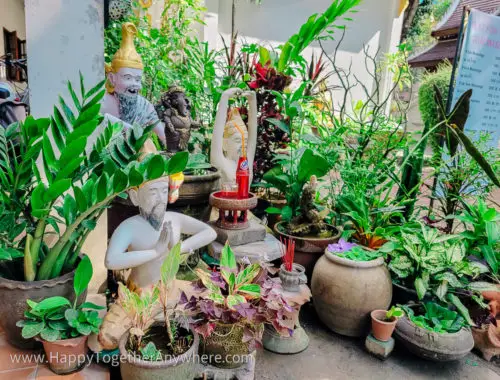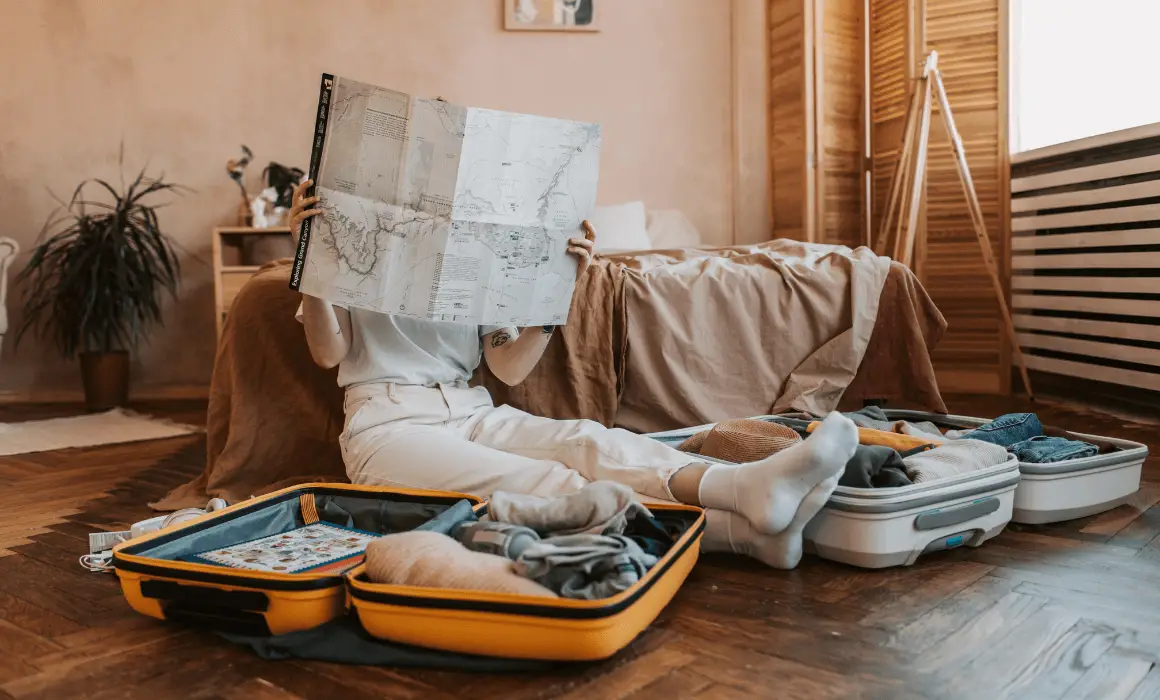
How to Plan a Long Trip Abroad
This post may contain affiliate links, which means I’ll receive a commission if you purchase through my links, at no extra cost to you. Please read full disclosure for more information.
Planning even a short, local trip can be difficult; trying to plan a long trip abroad can be overwhelming. I’ve been working on our trip for a while and, now that I’m confident in how to do it, the overwhelm has finally turned to excitement!
In case you haven’t read our bio, Wayne and I haven’t ever actually had a long trip together. We’ve never had *any* trip together because we’ve always had so many pets and personal responsibilities that we weren’t comfortable leaving for any amount of time.
Now, after 20 years of marriage, we have no major responsibilities and we’re finally planning a 6-7 month-long trip this Fall (2021) to Southeast Asia, although even the destination may change thanks to Covid. Wherever we go, it will be warmer than a Canadian winter!
I’m a sort of an obsessive researcher in that I like to know I’ve covered my bases; this post is the result of many months of research. So read on and learn what you should do to plan a long trip!
Table of Contents
- Quick Questions You Need to Answer!
- Where and How to Research
- Planning Your Itinerary
- Budgeting
- Other Things to Consider:
- Make a Packing List
- Plan for Emergencies
- Prepare to Leave Your House/Apartment
- Conclusion
Quick Questions You Need to Answer!
Where are you going? Do you want the whole trip planned in advance, or will you move as the spirit takes you? What’s your budget … extravagant, frugal, or in between?
Where and How to Research
Google (of course!) and Youtube are two of the best resources for research, but you still have to have an idea of what to look for.
After we decided where we wanted to travel, I started with searching “cost of living in (destination)”, “packing tips for (destination)”, “apartmental rental in (destination)” etc on both Google and Youtube. I found and subscribed to some Youtube travel vloggers who had visited/were visiting “our” places and searched through their videos.
Another great resource is Facebook! Find some Expat groups/pages in the area you plan to travel. For example, search in “groups” and “pages” for “Expat (destination), apartment rentals (destination), etc. You can also ask questions on Facebook Expat pages, or just read through them… many offer a lot of information on pretty much anything you’d like to know.

Planning Your Itinerary
There are so many travel itineraries online now! You can easily plan your whole trip in advance using other’s experiences if that’s what you like. Or you can be as spontaneous as you want! At the very least, some loose advance planning can help you avoid FOMO and wasted time.
Definitely have an idea of what’s in the area as your “must-sees”; also have a loose list of other things you’d like to see or experience, such as markets. Be sure to add rest days if you can so you don’t burn out.
Some things can be done in advance, so you don’t “waste” travel time doing them. As an example, Wayne and I are vegan and know that it may be difficult to find vegan food near us that is in our price range when we want it (especially with a language barrier, or if I’m getting hangry!) To help avoid stressful situations, we’re making a list of vegan restaurants that have good reviews that we can fall back on. This way food hunting doesn’t become a “chore” at the worst possible time!
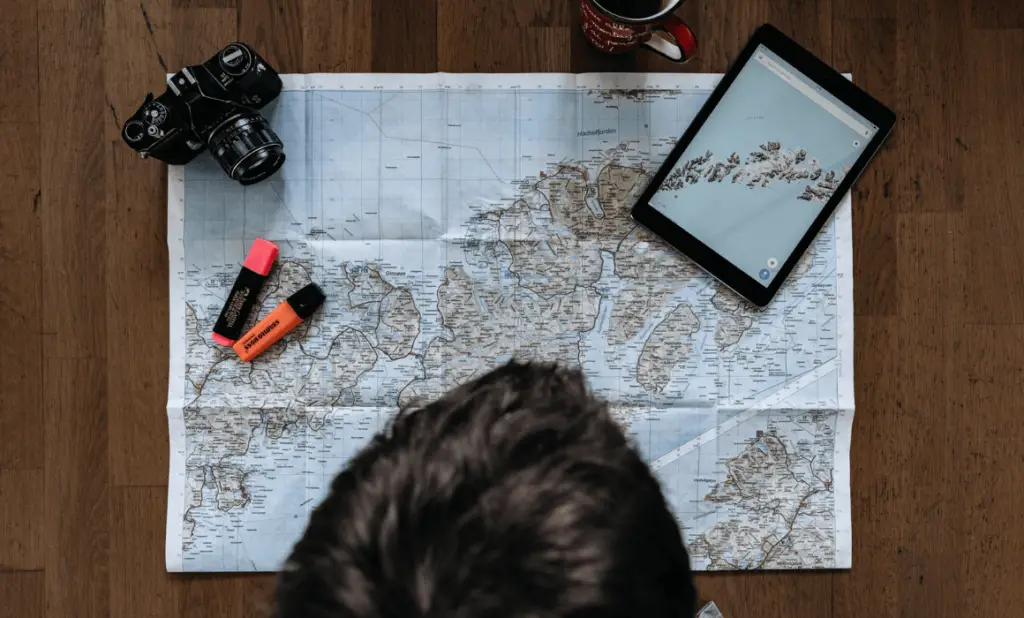
Budgeting
Whether you have to save for the trip, plan to pay for it on credit or are retired and living on a fixed income, you have to have an idea of what things are going to cost. Of course, this will vary incredibly widely depending on location and travel lifestyle, but there are some basic areas that every traveller needs to consider, and you absolutely have to do it before the trip (unless money is honestly no obstacle).
1. Accommodation
Where are you going to stay and for how long? Hostels are often cheapest for solo travellers or those who keep their finances separate, as dorm beds are generally very cheap. That being said, for couples who want to share a bed, hostels often have private rooms (sometimes with a private bathroom) for a slightly higher price. There is usually a shared kitchen as well. If you’re only staying a night or two, that’s probably your cheapest option. They’re also a great place to stay while you’re searching for other (more long-term) accommodation. To find hostels, check out Hostelworld.
While they definitely have their upsides (affordable, highly social, etc), hostels can be limited in both amenities and privacy and may be a bit pricier long-term. If you are planning to stay in an area for much more than a week, renting an apartment or hotel room/studio on a weekly or monthly basis may be the better option.
Many hotels or apartments include a kitchen, or at the least a fridge and cooker, along with dishes, cutlery, etc. Some may have washing machines in the room or building, while others offer laundry and/or housekeeping services. Perhaps you like to work out; if so, it may be worth your while to find a building that includes (or is close to) a gym to save the extra gym fee and travel time.
If you do choose a longer-term rental, make sure you know what is included in the fee (power, water, bedding, etc). If the internet is included, take a moment and check the speed before committing! Be sure to check around so you know what the normal rental fees are in the area, and be sure you know what the conversion is from your currency to the local currency.
Booking.com and Agoda.com are both popular sites to find hotels and apartments worldwide. You can also check out Airbnb. We highly recommend checking local Facebook groups as some of the best deals can be found there; Expat communities also offer information on the best areas to live and are open to answering questions.
Another option for accommodation is staying with a local family! This offers the advantage of easing into a new culture without the extreme culture shock experienced in some cities/countries. Some homestays offer just a room or apartment while others offer more of a family atmosphere where you are seen as a houseguest/part of the family, often including meals and sometimes guiding you around the local area. Your host can also offer you less tourist-driven recommendations of places to see and experience. Check out Homestay.com for homestays in your area.
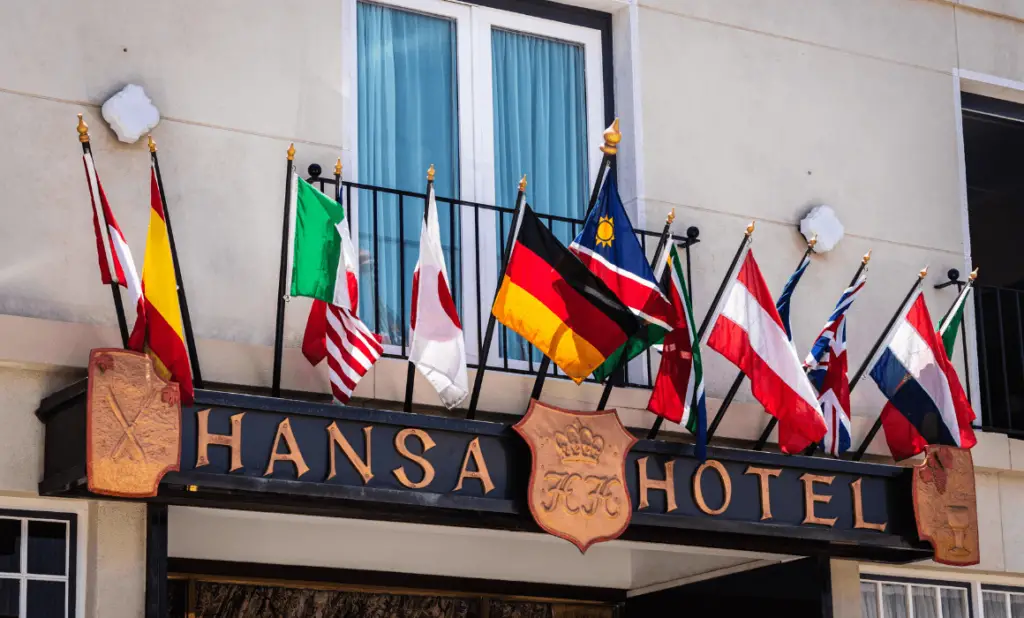
2. Transport
This can be divided into two main categories: major (long) trips and local transport. The major trips will most likely be via plane or train, possibly boat; the local transport can be boat, bus, taxi/tuk-tuk, grab/uber type companies etc. For local transport be sure to check if they are metered and, if not, negotiate a price *before* you get in. You can also possibly rent bicycles, scooters/motorbikes, or cars (be sure to have insurance and an international driver’s license if this may be an option).
Regarding all the tips, tricks and hacks that are offered about the cheapest time to buy airline tickets: I’ve looked into them, and there is just so much contradiction! My summary is: (a) last-minute flights will almost always be more expensive, and (b) booking “X” vs “Y” months ahead or on a specific day of the week may or may not yield much savings for the effort involved. Just book a month or so in advance. Also, remember to always search flights on an incognito tab or use a VPN. A lot of people swear by Skyscanner to find cheap flights.
Regarding flights into countries that require a tourist visa, be aware that some countries require you to have an “onward ticket” (a ticket out of their country at the end of your visa stay requirement) before they will allow you into the country! This can be a shock, especially if you were hoping to stay longer by applying for a visa extension later in your trip.
Don’t worry, there is actually a quick and affordable “out” for this requirement. There are a few companies that you can use to purchase an onward ticket for a very low fee to show as proof when required; the company then cancels this ticket for you within a specified window of time, so you don’t have to pay for a full price airline ticket and then worry about refunds etc. Perfectly legit and designed for this situation.
From my research, I plan to use the company Onward Ticket if needed.
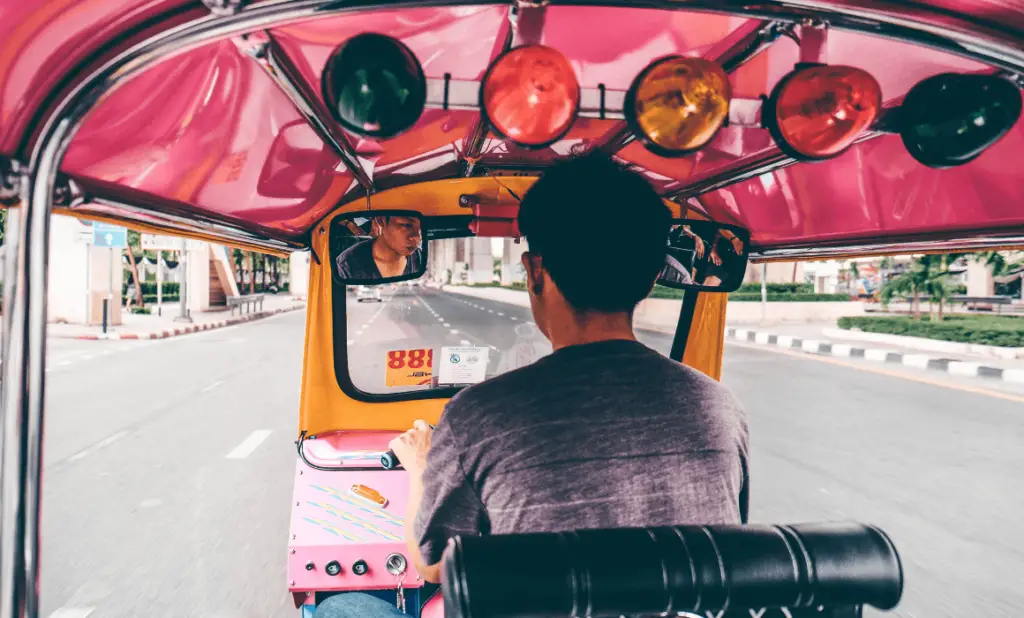
3. Food and Entertainment
There’s not much to say about budgeting for food except to research the area you’re going for approximate prices and budget accordingly. Street food is usually very affordable pretty much everywhere it’s available, just be sure to go to a vendor who is serving a long line of local customers; this ensures that (a) the food is awesome (b) the food is affordable and, most importantly (c) the food is fresh because of the high turnover (ie/ you’re less likely to get traveller’s diarrhea, which is a thing).
When looking for a restaurant, again find one with a fair number of local customers for the same reasons as above. If you’re looking for a more “authentic” local experience, try the “5-minute rule” trick: turn and walk away from the restaurant/tourist area you’re currently in, and keep walking for 5 minutes. Once you’ve walked a while, check around for where locals are eating. As another plus, since you’re now out of the tourist zone prices are likely to be cheaper. Reminder: be safe and use common sense when leaving busier areas.
Lastly, if you have special dietary requirements you should look for suitable restaurants in advance.
With regards to budgeting for entertainment, that can be difficult to do in advance because you’re always going to find things that you want to do! Remember “touristy” activities generally come with “tourist” price tags. Try to find local, non-tourist activities to get a true feeling for local customs and traditions. And always negotiate where you can! Some cultures expect this (again, research before you leave).
And don’t forget to budget for souvenirs and clothing. You probably won’t be buying many souvenirs because you have to lug them around and, as a long-term traveller, space is precious. However, you may purchase some gifts or souvenirs either at the end of your trip or to mail home in the meantime. Clothes-wise, you will likely be buying and replacing your own throughout the trip.

4. Visas
First, be careful about buying visas online, as there are fraudulent websites. Check with your local consulate to find the official website for the country you plan to visit.
Some countries offer free tourist entry/visas to international tourists from certain countries; check to see if this applies to you, but otherwise assume you have to pay for a visa. There may also be more paperwork (and money) involved depending on the country you are entering; as an example, some countries need a “COE” or Certificate of Entry: learn about the process of obtaining the paperwork, approval, fill-out process, etc in advance of your trip!
Besides the initial cost of your tourist visa, if you plan on extending your trip you will have to pay for a visa extension. This will involve either leaving the country for a brief period (thus incurring more travel expenses on top of the extension) or paying a third-party company or person to do a “visa run”. This is a legitimate business, but definitely research whoever you choose to use *thoroughly* as you have to give them your passport and money in order for them to do this. Scams happen. Check references. Some travel agencies do visa runs; other businesses can be found on Facebook. You can also contact bloggers or vloggers and ask who they use.
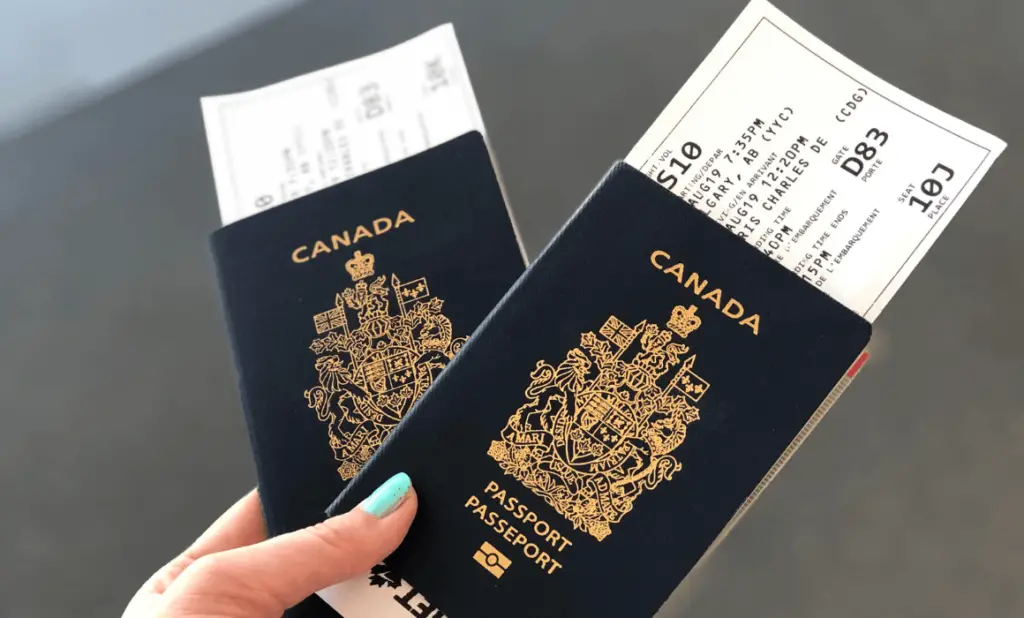
5. Vaccines
Vaccines can be very expensive at a glance but keep in mind that (1) many vaccines give *years* of coverage; some give lifetime protection! They’re generally not an annual expense. (2) This is not an area you should skimp on for a long-term trip. Many of the diseases you would be getting vaccinated for can be fatal. Vaccines are money well spent.
Research online to see what vaccines are recommended for the country/countries you plan to visit and give yourself plenty of time to get them. Contact your local travel health clinic for more vaccine recommendations; they can also administer the vaccines, or you may be able to get them at your local pharmacy.
There are two reasons I recommend researching vaccines for yourself rather than wholly depending on a travel health clinic: (1) Health clinics don’t know your personal situation; you know what’s best for you. As an example, Wayne and I are both getting our Rabies vaccines because we know that we’re likely to come into close contact with animals in areas where it’s a risk. We aren’t planning on it, but we know us, and we know it’s a very real risk. But the rabies vaccine wasn’t actually *recommended* to us by our health clinic because we said we weren’t “planning” to work with animals, etc. (2) With long-term travel, plans can change. Vaccine recommendations will vary even within a country, depending on where you plan to go and how long you plan to be there. I’d rather be vaccinated and free to travel.
I’ll stick in other meds here as well. You can buy many medications overseas, and in some countries they may well be cheaper than you’d pay to stock up before you left. Your choice. But you should budget for medication either way, and bring written prescriptions if needed.
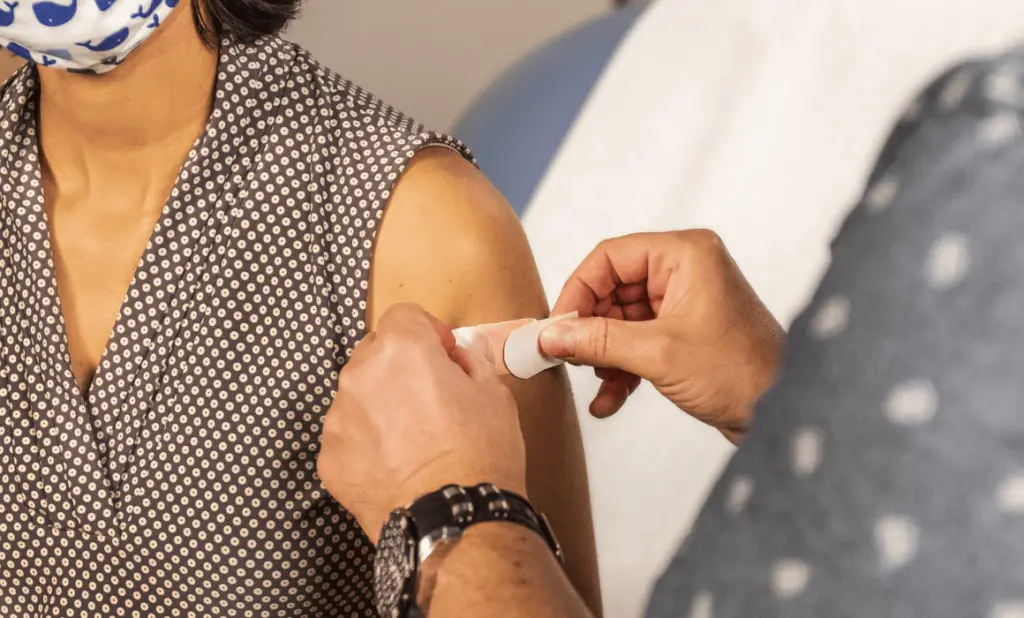
6. Insurance
There are so many providers out there, but right now the best value I could find with the easiest, most comprehensive package is SafetyWing.
Some credit cards offer insurance, so definitely look into that if, for example, you’re paying for plane tickets or a rental car with a card.
Really, really check out your coverage thoroughly. If you think you might be driving a scooter, make sure you’re covered for that. If you think you might try out an “adventure sport” like paragliding or ziplining, make sure it’s covered. Accidents happen anywhere.
Lastly, be sure you have travel insurance in case of flight cancellations and lost or stolen luggage, if that’s a concern.
Other Things to Consider:
Once you’ve decided where you plan to go and have an idea of what you will need to budget, there are a few more things you should look into.
1. Climate
The first would be researching the weather history of your destination country; I usually start with googling “average climate in (country)” and “annual weather in (country)”. The very basics you want to know are the temperature and precipitation you can expect.
Also check out the geographical differences, as often the rainy season (for example) starts in one part of the country and moves across/down; knowing the weather patterns can help you to determine where to start and when to move (although obviously they’re patterns, not predictions) especially if you want a detailed route planned in advance. Be prepared for the unexpected. Knowing what types of weather to expect also helps with planning what clothing to pack.
2. Culture and Traditions
You’ll also probably want to research a bit about the culture and traditions of the people where you will be travelling; this will help you pack appropriate clothing as well as not accidentally show disrespect (if not outright break the law!) As an example, I’m packing what I call my “temple dress” to wear to temples in Southeast Asia. This dress is loose and comfortable (for the weather), covers my shoulders and knees (to show respect) and doesn’t show a lot of cleavage. I also have a longer skirt that covers my ankles for visiting temples with that requirement.
Regarding traditions, I’ve learned that in some of the areas I’m visiting, you shouldn’t point your feet at people as that’s a sign of disrespect. Touching someone’s head (which I don’t think I’d have done, except maybe to children?) is also considered disrespectful. Haggling at the markets, on the other hand, is expected. PDAs are also to be avoided in most areas we’re planning on visiting (which will be a struggle for us!)

3. Language
While not necessary, it may be helpful to learn some basic phrases in the local language of your destination country, if it’s not your home language. If you plan on sticking to mainly tourist destinations this probably isn’t a requirement as some English is usually spoken in most of these places (and I assume you speak English, since you’re reading this)!
But there are at least two benefits to being able to speak some of the local language. Firstly, it will likely be a great surprise, especially if it’s not a “common” second language, and will earn smiles and probably admiration/gratitude that you made the effort. Or they may laugh at you! Secondly, if you do get off the beaten path (or even if you don’t) it will likely come in handy at least a few times during your travels when you meet non-English-speaking people.
If you don’t want to learn the language (or in case the communication isn’t going well!), the app “Google Translate” will help with basic conversation as it quickly translates what you and the other are saying.
You can also print out some phrase cards if there are things you’ll likely be repeating fairly frequently or that are important. Because we’re vegan we plan to print out phrase cards explaining what vegans do and don’t eat, as this is one of our biggest issues even in a lot of English-speaking restaurants, and requesting what our food should not contain. If you’d like a free print-out of our vegan card to use, just click <here>.
Make a Packing List
Check out this post to see our detailed packing list for Southeast Asia. There are umpteen packing lists online, and I’ve researched the topic to death so I’m extremely confident in my own list! If you’d prefer to make your own list, here are the basics to consider:
- Clothes: consider fabric/material and style (they should be comfortable, culturally inoffensive, and climate appropriate). Outerwear/underwear/daywear/swimwear/footwear.
- Electronic: (computer, battery pack/power bank, camera, phone, chargers/cords, adapters/converters, sd cards, etc)
- Personal: (toiletries,medications, contacts/solutions, glasses, sunglasses, etc)
- Paperwork: (visa, passports, passport photos, vaccine certificates, identification, medical prescriptions, international driver’s license, insurance, tickets, consulate info, hotel info, etc)
- Personal and Toiletries: Note that tampons and sunscreen can be expensive and/or very hard to find in some countries; also be aware that lotions and deodorants in some countries may contain skin whiteners/lighteners.
- Money: cash/credit
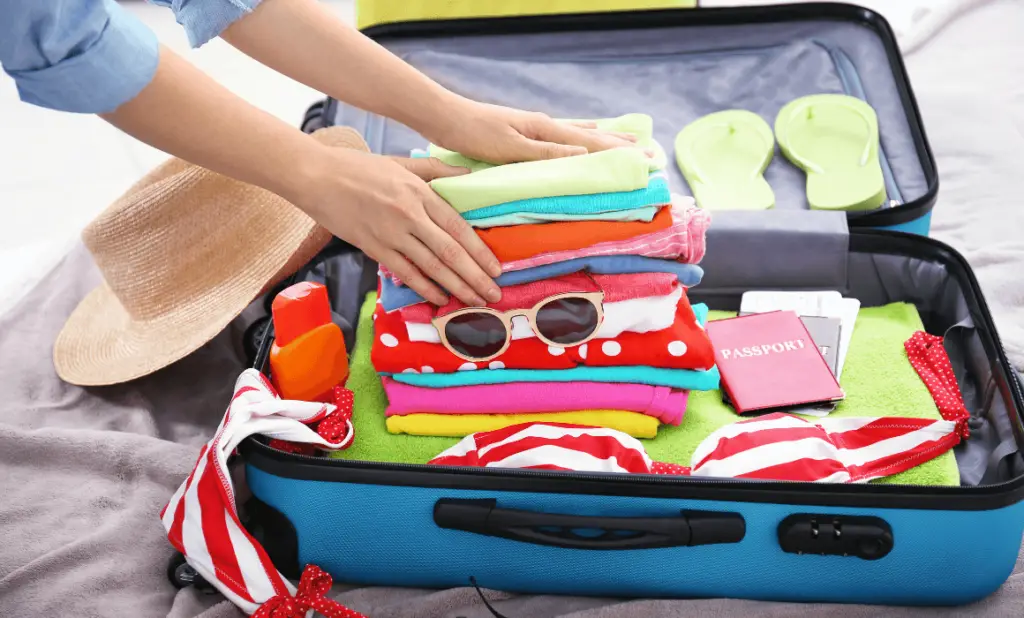
Plan for Emergencies
I know, I know! There’s no way you can be prepared for every eventuality, but I sure try to cover all the possibilities! Personally, I take comfort in knowing that everything that could be done to prepare for problems *has* been done, so if problems do occur, there won’t be mass panic. Here are the steps you should take to help prepare for any unexpected circumstances!
- Have extra passport photos with you, and make sure they’re the appropriate size for the countries where you’re traveling.
- Have physical copies of all your paperwork, including copies of your passport pages, any vaccine certificates, your visa, etc. Literally for any paperwork you carry, have physical copies.
- Have backup photos of all that paperwork digitally stored so you can access them if necessary.
- Double-check that your insurance will cover what you may need.
- Have the address and phone numbers of the embassy/consulate of your country where you are travelling. I’d have a physical copy as well as having it saved on the cloud for quick access.
- Always have some stable currency on hand (generally either USD or euro).
- Have at least 2 credit cards from different institutions in case one is blocked/lost/stolen.
- Make arrangements with someone who can send you funds if needed.
- Make arrangements for an emergency contact person back home. Also, make sure they have copies of all your important information.

Prepare to Leave Your House/Apartment
So, you’ve made it this far, and you’re almost done! There are still a handful of things that you need to do before you take off. Read on for some final things to do before leaving for a long trip:
- Check your passport well in advance to make sure it’s not going to expire. Also be sure that there are enough blank pages for everywhere you want to visit (check for requirements).
- Arrange pet care if needed, with back-up if possible. As well as making personal arrangements with the pet-sitter, be sure to contact your vet and let them know of your travel plans, who will be caring for your pet, and what you want done in case of emergency. You may need to sign permission forms, give credit card info, etc.
- Inform your bank and credit card company of when you will be leaving, for how long, and which countries and areas you will be visiting in order to try to avoid having your cards blocked due to “suspiscious activity”. Be aware they may still be blocked, so try to have a couple of different sources of money.
- Deal with your mail … arrange to have it picked up by or forwarded to a friend or family member. Ensure all (non-online) bills will be/have been paid, and discuss how you will deal with unexpected “emergency” mail.
- Book flights, hotels, etc. Confirm your reservations a few days before travel, along with any special requests (ie/ being picked up at airport).
- Contact the local embassy/consulate to make sure there aren’t any restrictions on travel or other surprises.
- Prepare your house/apartment, etc. If you’re keeping your home, make sure it’s clean to avoid any bug or pest invasion and that your fridge/perishables are cleared out. Check your insurance requirements (if you have home and property insurance) and be sure they will be met. Arrange for water/power etc to be turned off if needed, and for someone to check on your home (and plants?) periodically. If you’re giving up/selling your home, allow plenty of time to sell/rehome your “stuff” and to store what you plan to keep.
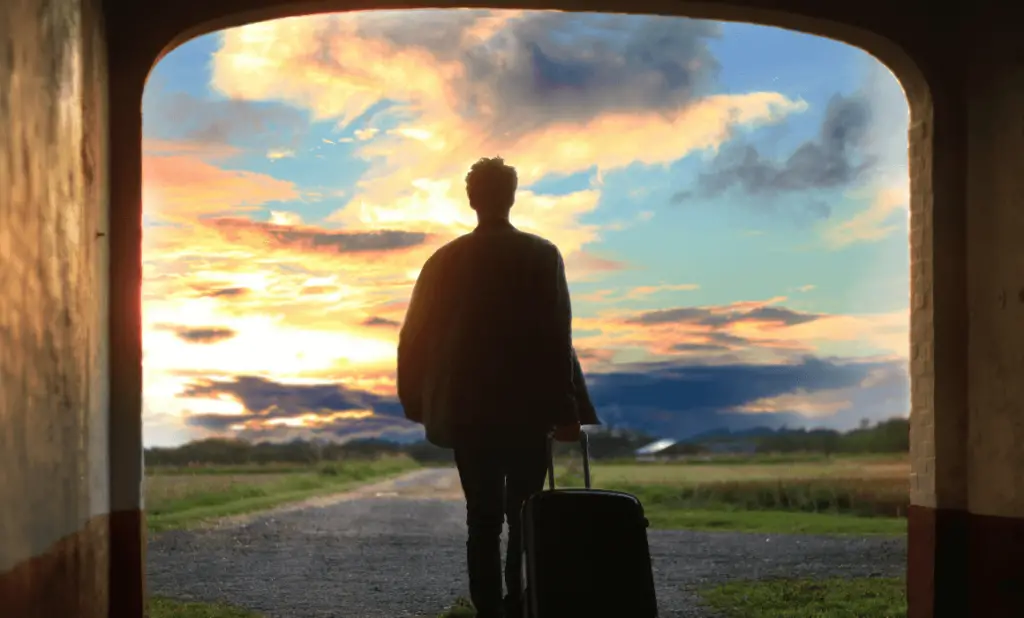
Conclusion
That’s it! A comprehensive guide detailing what you should do to plan a long trip: from where and how to research, what to budget for, other things to look into, what to pack, how to prepare for emergencies, right down to the steps to take when it’s time to leave home. Finally, it’s time to relax and go with the flow!
If you’re leaving on a trip, we hope it’s the trip of a lifetime!
If you’d like to see exactly what we’re packing, please check out this post.
We really hope you found this post useful. If you have any questions or comments please drop a line below; we’d love to hear from you!
